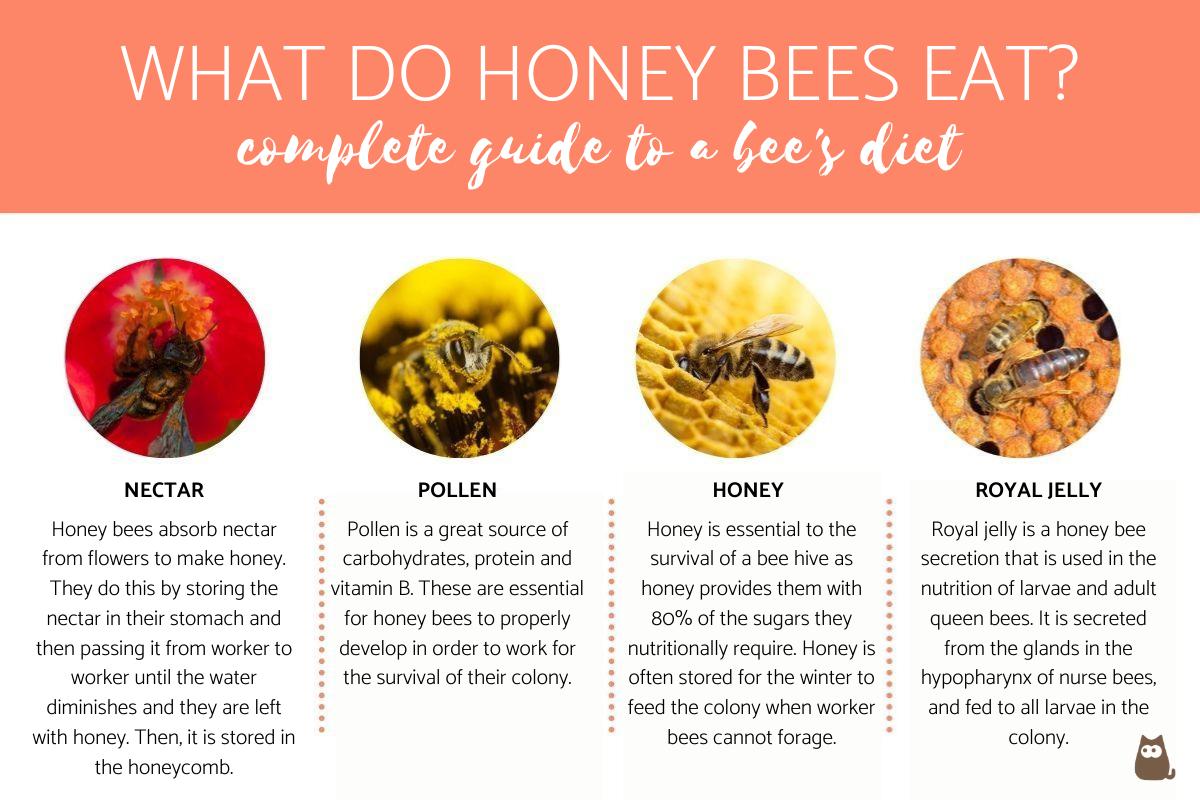
In this article, you will discover the secrets to maintaining optimal health for your bees by providing them with the perfect buffet of nourishing food. As caretakers of these incredible creatures, it is crucial to understand the importance of their diet and how it affects their overall well-being. By offering a diverse range of nutritious options, you can ensure that your bees thrive and contribute to a flourishing ecosystem. So let’s explore the fascinating world of bee nutrition and learn how to create the ultimate bee buffet for optimal health!
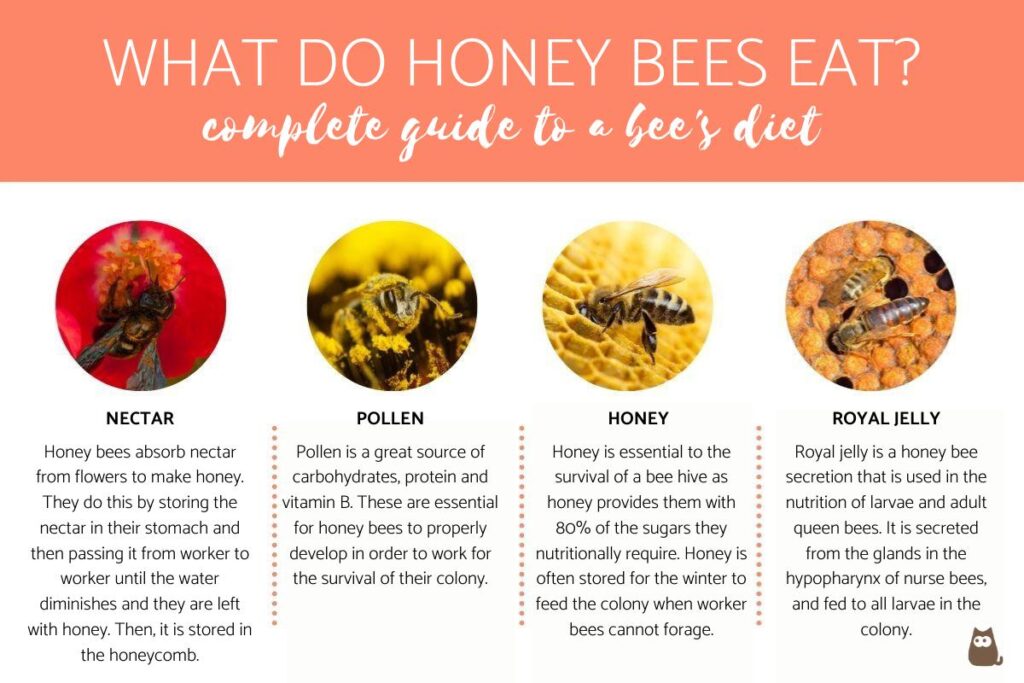
Understanding the Nutritional Needs of Bees
As an aspiring beekeeper, it is crucial to understand the nutritional needs of your bees to ensure their optimal health. Bees require a balanced diet rich in various nutrients to thrive. Just like humans, bees need carbohydrates, proteins, vitamins, and minerals to maintain their well-being. By providing your bees with a diverse range of food sources, you can help them lead healthy and productive lives.
Natural Food Sources for Bees
In their natural habitat, bees rely on a wide variety of food sources to meet their nutritional needs. The primary natural food sources for bees are pollen and nectar. Pollen is rich in protein, vitamins, and minerals, while nectar provides carbohydrates and essential energy for bees. Wildflowers, flowering trees, and even some weeds serve as abundant sources of pollen and nectar for bees in the wild.
Supplemental Feeding for Bees
While natural food sources are essential for bees, supplemental feeding can be beneficial, especially in certain situations. During periods of scarcity, such as drought or winter months, bees may struggle to find enough food to sustain themselves. Introducing supplemental feed can ensure their survival during these challenging times. Additionally, supplemental feeding can be crucial for newly established bee colonies or those recovering from diseases or pests.
Key Nutrients for Bee Health
Maintaining a healthy bee diet means providing them with the key nutrients they need to thrive. Some vital nutrients for bees include carbohydrates, proteins, lipids, vitamins, minerals, and water. Carbohydrates, found in nectar and honey, provide bees with energy. Proteins, derived from pollen, are crucial for bee growth and development. Lipids contribute to bees’ cellular function and overall health. Vitamins and minerals are essential for various physiological processes, while water is crucial for hydration and hive temperature regulation.
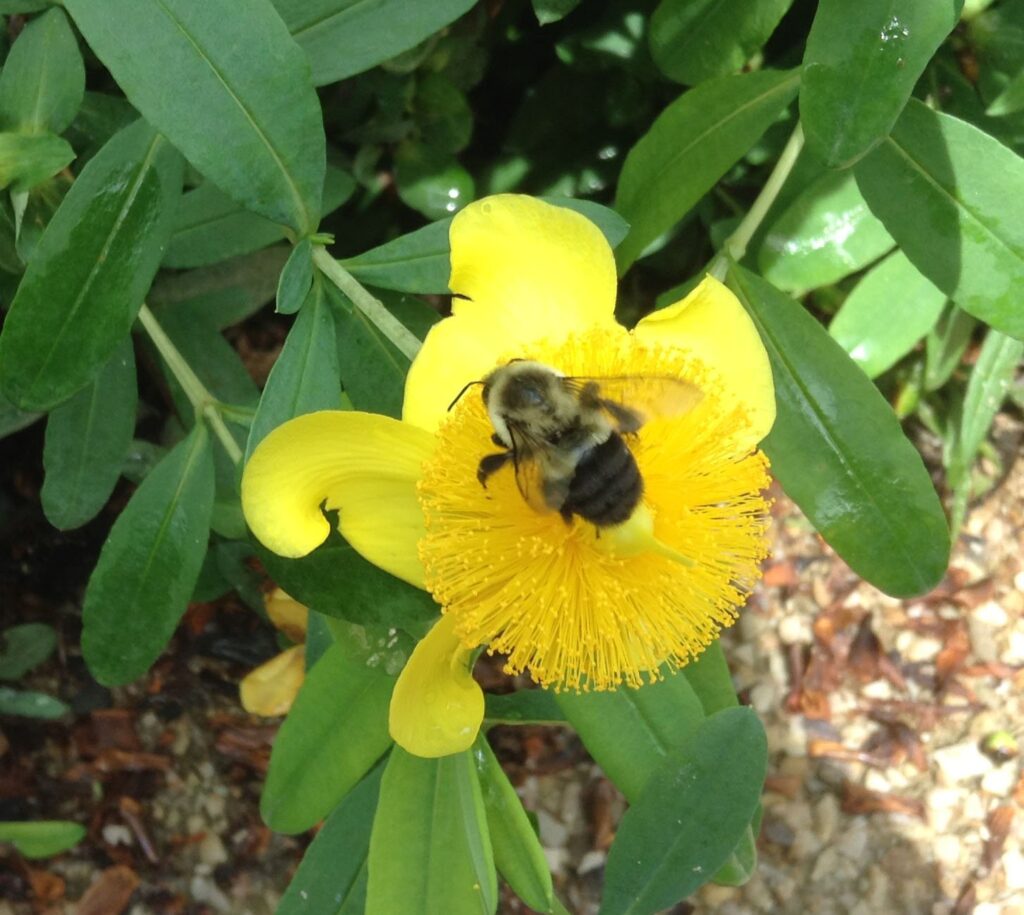
The Importance of Pollen in the Bee Diet
Pollen is often referred to as the “protein powerhouse” for bees. It is a vital source of essential amino acids that bees cannot produce on their own. Additionally, pollen provides bees with crucial vitamins, minerals, and enzymes necessary for their overall health and well-being. Without an adequate supply of pollen, bees may suffer from compromised immune systems, stunted growth, and decreased reproductive capabilities.
How to Provide Pollen for Your Bees
To ensure your bees have access to pollen, it is essential to create a pollen-rich environment around the hive. Planting a diverse range of flowering plants, trees, and even herbs in close proximity to the hive will provide abundant pollen sources for your bees. Aim for a variety of bloom times, ensuring a steady supply of pollen throughout the year. By planting pollen-rich flowers like sunflowers, lavender, and daisies, you can create a veritable buffet of pollen for your bees.
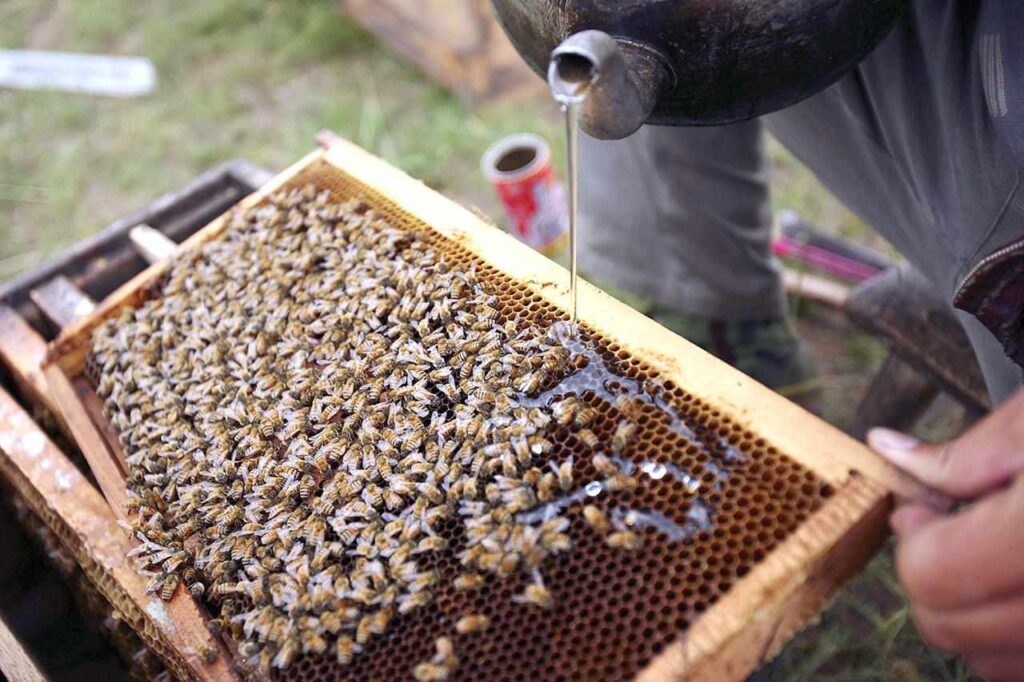
Nectar as a Vital Energy Source for Bees
While pollen provides bees with crucial nutrients, nectar serves as their primary energy source. Bees collect nectar from flowers and convert it into honey, a carbohydrate-rich substance that provides bees with the energy they need to forage, maintain their hive, and raise brood. It also acts as a long-term storage of food, vital for bees during periods of scarcity. Without access to nectar, bees would struggle to survive and maintain their hive’s functions.
Choosing the Right Nectar Sources for Your Bees
Offering your bees a diverse range of nectar sources is crucial for their health and vitality. Different nectar sources provide unique flavors and nutritional compositions, enriching the bees’ diet. By planting a variety of flowering plants such as clover, thyme, and borage, you can provide your bees with an array of nectar options. Additionally, it is important to ensure a continuous nectar flow throughout the seasons by planning carefully and selecting plants that bloom at different times.
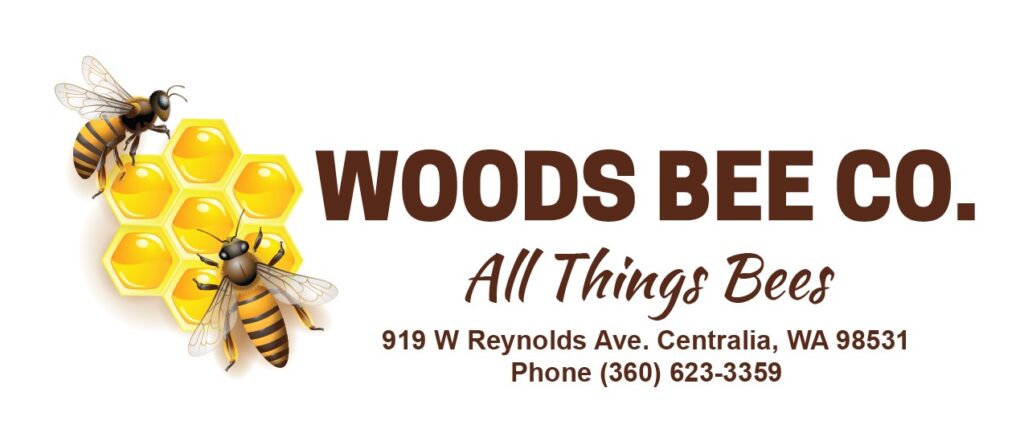
Water: Essential for Bee Hydration
Water is a vital component of every living being’s diet, and bees are no exception. Bees require water for hydration, maintaining the humidity in their hives, and diluting honey for consumption. Without access to a regular water source, bees may become dehydrated, reducing their overall performance and potentially causing health issues. Providing your bees with a reliable water source is essential for their well-being.
Creating a Water Source for Your Bees
Creating a water source for your bees is a simple yet important task. Fill a shallow container or birdbath with fresh water and place it near your hives. To prevent bees from drowning, add some floating objects such as cork or twigs to give them a safe landing spot. Be sure to keep the water source clean and free from any contamination. Providing water close to the hives will save your bees precious time and energy that would otherwise be spent searching for water elsewhere.
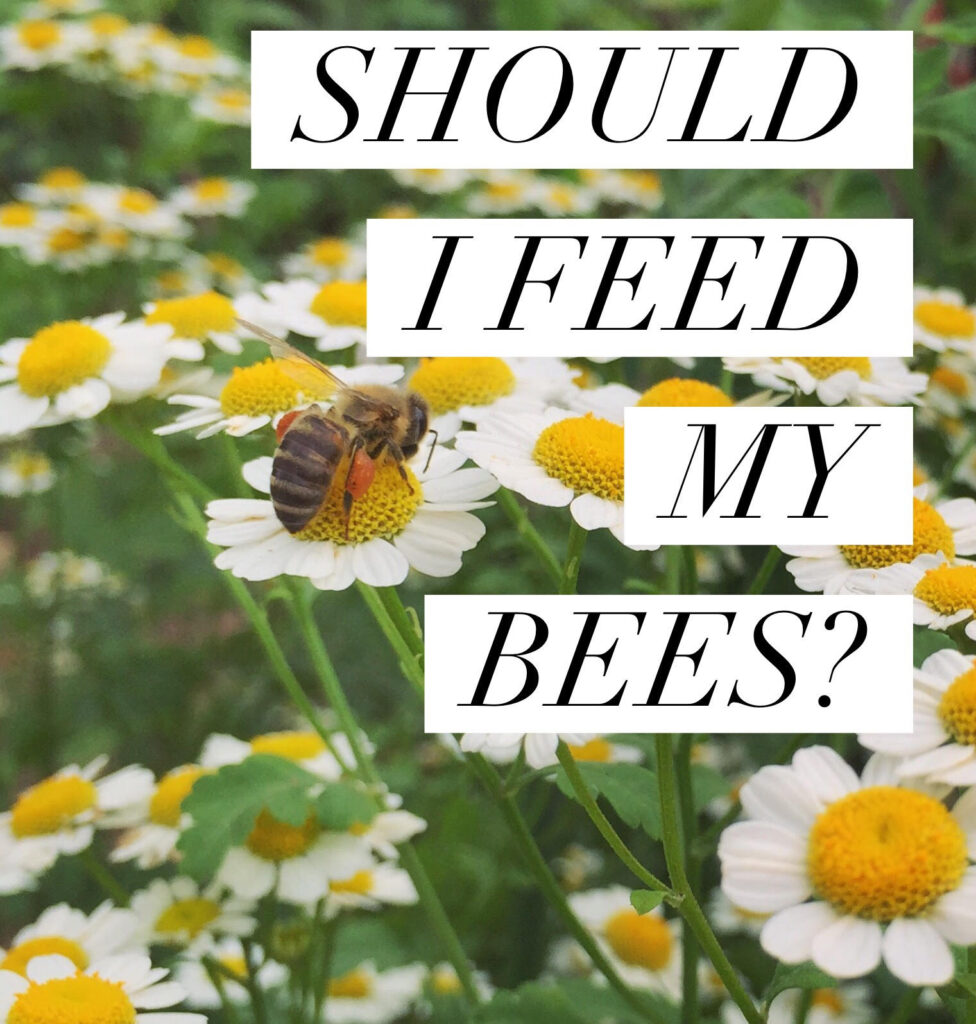
Avoiding Harmful Feeding Practices for Bees
While feeding your bees is an essential part of beekeeping, it is important to avoid harmful feeding practices that may have adverse effects on their health. Avoid using pesticides or herbicides near your hives, as they can contaminate the nectar and harm your bees. Similarly, feeding your bees with artificial sweeteners, processed sugars, or low-quality substitutes may compromise their immune system and overall well-being. It is best to stick with natural, organic food sources to ensure your bees’ optimal health.
In conclusion, understanding the nutritional needs of your bees is crucial for their optimal health. By providing a diverse range of food sources, including pollen, nectar, and water, you can support their growth, honey production, and overall well-being. Supplemental feeding may also be necessary during challenging periods or for weaker colonies. By adopting healthy feeding practices and avoiding harmful substances, you can ensure your bees have a bountiful buffet that promotes their thriving existence. Happy beekeeping!